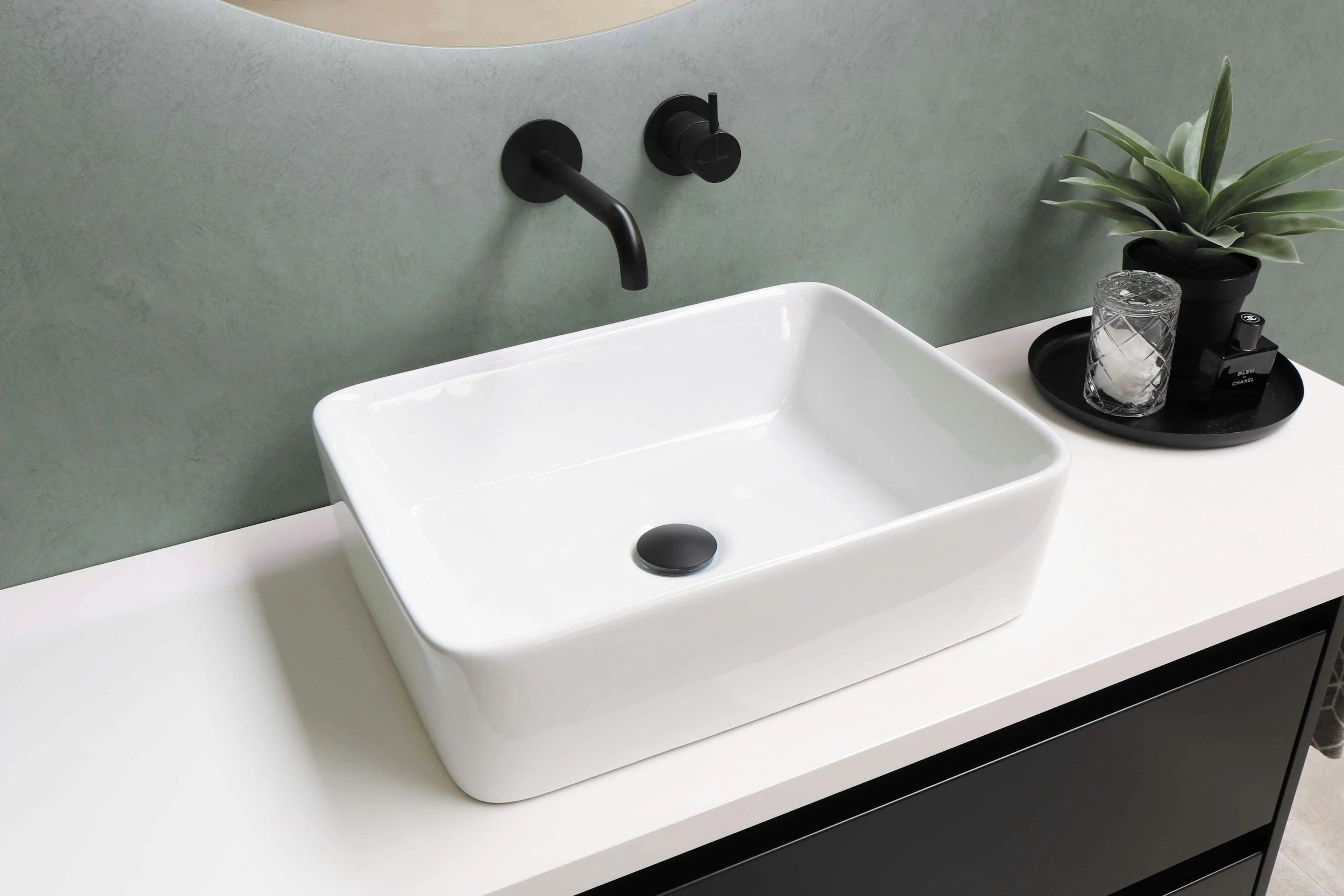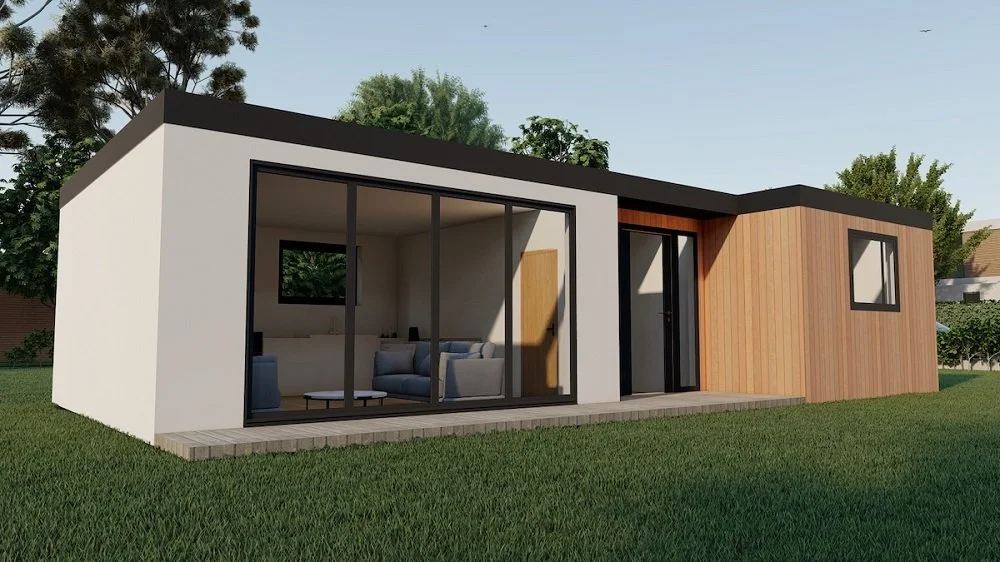Sustainable Home Improvement: Tips for an Eco-Friendly Renovation
/In Atlanta, a city distinguished by its lush urban canopy and commitment to sustainable development, the trend of eco-friendly home renovations is gaining momentum. Homeowners are increasingly recognizing the dual benefits of such renovations: they enhance both the property's value and its environmental efficiency. Embracing eco-friendly practices not only reflects a responsibility towards the planet but also aligns with Atlanta’s progressive initiatives on sustainability, making it a fitting place to explore and implement green home improvements.
Planning Your Eco-Friendly Renovation
Effective eco-friendly renovation starts with meticulous planning. Homeowners should begin by identifying key areas in their homes that offer the greatest potential for energy savings and environmental impact, such as insulation, heating and cooling systems, and water usage. Setting clear, achievable goals related to sustainability will guide the renovation process and help maintain focus on eco-friendly outcomes. Conducting a detailed audit of the home’s current energy usage can also provide valuable insights, highlighting specific areas where improvements can be made to enhance efficiency.
Energy-Efficient Roofing
Upgrading to energy-efficient roofing is a significant step toward reducing a home's overall energy consumption. Such roofing materials reflect more sunlight and absorb less heat, leading to a cooler home environment during hot weather. This can dramatically decrease the need for air conditioning, thereby saving energy and reducing utility bills. For those in the Atlanta regions, hiring a local Atlanta roofer who specializes in sustainable roofing solutions can be beneficial. They can provide expert advice on the best materials for your specific climate and home design, ensuring that your roofing upgrade maximizes energy efficiency and sustainability.
Choosing Sustainable Materials
Selecting the right materials is crucial for any eco-friendly renovation. Sustainable materials are those that are sourced in a way that does not deplete the environment. These include recycled materials, sustainably harvested wood, and products made from rapidly renewable resources like bamboo and cork. Utilizing local materials can also reduce the carbon footprint associated with transporting goods over long distances, further contributing to the renovation's sustainability. Homeowners should aim for materials that offer durability and longevity, reducing the need for frequent replacements and thereby minimizing waste.
Solar Panel Installation
The installation of solar panels is one of the most impactful ways to make a home more eco-friendly. Solar power reduces reliance on fossil fuels by converting sunlight directly into electricity. This not only decreases greenhouse gas emissions but also significantly lowers energy bills over time. While the initial setup costs can be high, the long-term savings and environmental benefits make solar panels a wise investment for any homeowner. Moreover, many governments offer incentives such as tax breaks and rebates to help offset installation costs, making solar energy more accessible to a broader audience.
Water Conservation Techniques
Water conservation is another critical aspect of sustainable home improvements. By incorporating fixtures like low-flow toilets, showerheads, and faucets, homeowners can significantly reduce water usage without compromising convenience or performance. Additionally, installing a greywater system, which reuses water from sinks, showers, and washing machines for irrigation and flushing toilets, can further enhance a home’s water efficiency. These systems not only save water but also reduce the strain on municipal water systems and lower water bills.
Energy-Efficient Windows and Insulation
A key aspect of any eco-friendly home renovation is improving the home's thermal efficiency. Installing energy-efficient windows and bolstering insulation are fundamental measures that significantly reduce energy loss. Double or triple-glazed windows equipped with low-emissivity (low-E) glass reflect interior temperatures back inside, keeping homes warmer in winter and cooler in summer. Adding high-quality insulation in walls, attics, and floors minimizes the heating and cooling requirements, cutting down on energy use and utility bills. These upgrades not only make the home more comfortable but also contribute to a substantial decrease in the home’s carbon footprint.
Utilizing Smart Home Technology
Smart home technology offers another excellent avenue for enhancing home sustainability. Systems like smart thermostats learn your schedule and temperature preferences, making automatic adjustments that optimize energy use throughout the day. Similarly, smart lighting systems can be programmed to turn off when rooms are unoccupied, reducing unnecessary power consumption. These technologies not only provide convenience but also help manage and reduce household energy usage in a significant way, contributing to a greener home.
Sustainable Landscaping
Sustainable landscaping is an often overlooked but vital component of eco-friendly home renovations. This approach involves designing the outdoor space to require minimal water, fertilizers, and pesticides. Techniques include using drought-resistant plants, optimizing water flow to reduce runoff, and employing organic mulch to improve soil health and conserve water. Sustainable landscaping not only enhances the aesthetic appeal of your property but also supports local wildlife, promotes biodiversity, and can improve the overall microclimate around your home.
Indoor Air Quality Improvements
Improving indoor air quality is crucial for a healthy home environment, especially during renovation when dust and volatile organic compounds (VOCs) can compromise air quality. Opting for paints, sealants, and adhesives with low or no VOCs can significantly reduce indoor air pollution. Additionally, installing ventilation systems that filter out pollutants and allow for a constant supply of fresh air can drastically improve the quality of indoor environments. These changes ensure that the home is not only more sustainable but also healthier for its occupants.
Choosing the Right Contractors
For an eco-friendly renovation to be successful, it’s essential to work with contractors who specialize in green building practices. These professionals are knowledgeable about the latest sustainable technologies and can offer guidance on how to maximize the efficiency of your renovation efforts. They ensure that all aspects of the project adhere to environmental standards and can often suggest innovative solutions to improve sustainability that homeowners might not consider.
Conclusion
Sustainable home improvements are an investment in both the environment and the long-term efficiency of a home. By incorporating energy-efficient technologies, sustainable materials, and smart designs, homeowners can create spaces that are not only beautiful and functional but also environmentally responsible. The benefits of undertaking such renovations extend beyond immediate energy savings, contributing to a healthier lifestyle and a more sustainable world. As more individuals adopt these practices, collectively, we make significant strides toward a more sustainable future, demonstrating that home improvements can indeed go hand in hand with environmental stewardship.
About the Author:
Ryan Miller is a passionate and creative blogger who loves to write on traveling and relationships. Her writings are focused on prevailing topics and her long-term vision is to empower youth in making their decisions.










































In today's world, more homeowners are turning to sustainable living to reduce their environmental footprint and promote healthier lifestyles. Making eco-friendly upgrades in your home is not just about saving on utility bills; it's about contributing to a greener, more sustainable future.